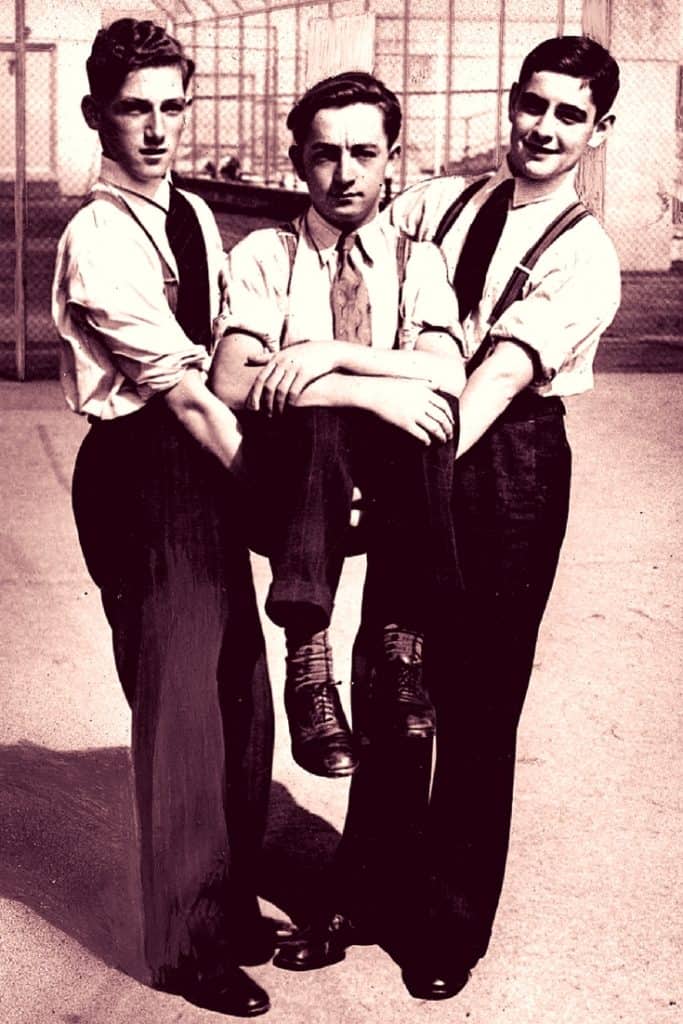
Just recently I have been spending a lot of time on trains, racing in and out of town for different appointments. I should have been editing Holistic Personal Finance, but it was easier to catch up on my podcasts instead. And this led me to the conclusion that catching up on first aid for old injuries was a good idea too.
First Aid For Old Injuries
Today I was listening to The Art of Charm, and in this particular episode, host Jordan Harbinger mentioned that his masseuse had questioned him about his sitting and sleeping positions. It turns out he’s been overcompensating for a high-school sporting injury that occurred more than twenty years ago. As a result, his muscles were over and underdeveloped, and this was pulling his bones out of alignment.
He realised that it was not just physical injuries that can twist you, but emotional injuries as well. And the older they are, the more significant their impacts. He suggested that right now is a good time to get them seen to.
First Aid for New Trauma
You’re probably familiar with First Aid; assistance for physical or support for mental traumas provided by a layperson before professional medical care arrives. The goal is to
- preserve life
- prevent further harm
- promote recovery
Ideally, First Aid is provided on the scene at the time of the original trauma, for example at Harbinger’s high school football match. But this doesn’t always occur – perhaps Harbinger felt his team was relying on him, he didn’t notice the injury occur or just didn’t see the need to seek help.
Some injuries will heal as good as new within two to three weeks, with just standard First Aid treatments like rest-ice-compression-elevation. But more serious injuries that appear to improve may recur periodically because the initial treatment wasn’t correct or sufficient.
First Aid for Old Physical Injuries
The goal of First Aid for old injuries is exactly the same as for new, except that there may be less urgency as the damage has already occurred.
My five years on peritoneal dialysis changed my centre of gravity; just like a pregnant woman, I leant back to accommodate the dialysate in my belly. And since the transplant, I have continued to overcompensate which causes back pain. This injury can’t be healed, but I can manage it.
All I have to do is regularly stretch and complete core strengthening exercises which will increase my flexibility, bring my posture back into alignment, and minimise the pain. And take painkillers as needed. Forever (or until I die).
I assume that Harbinger finds himself in a similar situation.
First Aid for Old Mental Injuries
Some of us can ignore mental trauma as well, for very similar reasons. We either don’t see or can’t articulate the need for support or just don’t have the time to get into it when it first occurs. We may adjust to the injury, but at some point may come across a trigger that reminds us of the original event, though we might not always remember what it was.
Often mental first aid involves leaning on the support of friends and family. It might be practical things like chores, or empathic things like just being there to talk (and more importantly listen). Perhaps they will encourage you to exercise to stimulate the production of feel-good good hormones, to relax with meditation, or to cook you nutritional meals with fresh produce.
During my time on dialysis, I lost a lot of memories. Lately, they seem to be coming back. Not in a nice logical and easy to integrate way, but an earth shattering blast followed by a messy foreboding sense of déjà vu. It has me agitated and on edge, and the strangest things make me cry, but I don’t know why (though the anaemia probably doesn’t help). I think might be time to stop relying on my friends and family and seek professional help integrating them.
Don’t Delay First Aid
Some injuries will get better and some will not.I think you have an idea about which ones you need to look at and which you can leave.
I believe you have an idea about which ones you need to look at and which you don’t. And I strongly encourage you to seek treatment sooner rather than later so that you don’t end up with a twisted body like Harbinger or a twisted mind like me.
Leave a Reply